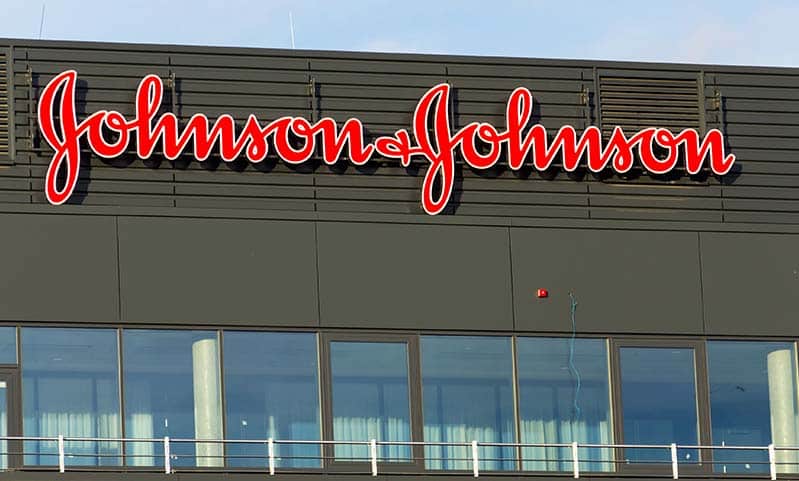Under pressure from the Food and Drug Administration, Johnson & Johnson recalled five popular sunscreens which were tainted with benzene, a chemical which can cause serious health problems at even very low levels.
The affected aerosol products are Aveeno Protect + Refresh aerosol sunscreen, along with four versions of Neutrogena sunscreen: CoolDry Sport aerosol sunscreen, Invisible Daily Defense aerosol sunscreen, Beach Defense aerosol sunscreen, and UltraSheer aerosol sunscreen.
An independent study found that these products contained up to three times the maximum allowable benzene level.
In a statement, company executives said they were “investigating the cause of this issue, which is limited to certain aerosol sunscreen products.”
For some, the recall came too late.
“We’re a month and a half past the big Memorial Day beach weekend that unofficially kicks off summer,” observed U.S. PIRG Education Fund Consumer Watchdog Teresa Murray.
“How many consumers nationwide have unknowingly been using sunscreen that could cause cancer?”
What is Benzene?
In nature, benzene is a key component of crude oil. When oil is refined, benzene smells a bit sweet.
Benzene fumes are especially strong when organic matter, like yard clippings, comes into contact with a very hot gasoline engine, like a lawnmower engine.
Benzene is also a common manufacturing by-product. Consumer products from soda pop to bottled water to cured meat to sunscreen are often contaminated with benzene.
In 1948, the American Petroleum Institute declared that there is no safe benzene exposure level. Even a microscopic amount of this chemical could cause:
- Acute Lymphoblastic leukemia (ALL),
- Acute Myeloid Leukemia (AML)
- Aplastic Anemia (AA),
- Myelodysplastic Syndrome (MDS), and
- Chronic Myeloid Leukemia (CML).
Benzene molecules migrate directly to the lung, heart, liver, kidney, and brain.
There, they cause DNA strand breaks and chromosomal damage.
These effects usually spread to blood-producing organs, causing leukemia (blood cancer) and the other aforementioned health problems. Leukemia has one of the highest fatality rates of any kind of cancer.
Despite the API’s pronouncement, government agencies, including the FDA, Environmental Protection Agency, and Occupational Safety and Health Administration, say that low levels of benzene in the air are safe. However, topical benzene is different.
“There is not a safe level of benzene that can exist in sunscreen products,” according to Yale University Associate Professor of Dermatology Dr. Christopher Bunick.
“Even benzene at 0.1 ppm [parts per million] in a sunscreen could expose people to excessively high nanogram amounts of benzene,” he added.
Manufacturing Defects
Since it occurs almost randomly, benzene contamination is almost impossible to predict. But, since it is also so common, benzene contamination is also rather easy to detect.
Unfortunately for consumers, these tests cost money, so most manufacturers don’t look for benzene very carefully.
A New York personal injury attorney can use this recklessness to work towards maximum compensation in a manufacturing defect claim.
Usually, manufacturers are strictly liable for any defect which occurs at any time during the manufacturing or shipping process. So, these victims must only prove causation.
FDA Safety Efforts
In the early days of the automobile age, various companies sold benzene, or benzole, as a gasoline additive.
The Food and Drug Administration, which began in 1927 as the Food, Drug, and Insecticide Administration, put an end to such runaway commercialism.
For many decades, the FDA was an effective consumer watchdog agency.
Over the years, FDA funding steadily decreased. Today, it is one of the smallest federal government agencies.
Furthermore, user fees provide much of the agency’s funding. In other words, the FDA is financially dependent on the companies it regulates.
So, product recalls don’t only cost manufacturers money. They also adversely affect FDA funding in a very significant way.
Therefore, a product recall is a last resort. By the time the FDA recalls a dangerous product, thousands of people have already been affected.
In this environment, obtaining compensation is only one part of a New York personal injury attorneys’ responsibilities.. Civil damage claims are often the only effective deterrent in this area.
If manufacturers know they will be held accountable in these situations, they will think twice before they recklessly sell dangerous products.
Although regulators and manufacturers may not treat it as such, benzene in consumer products is a very serious problem. For a free consultation with an experienced New York personal injury attorney, contact Napoli Shkolnik PLLC. You have a limited amount of time to act.
